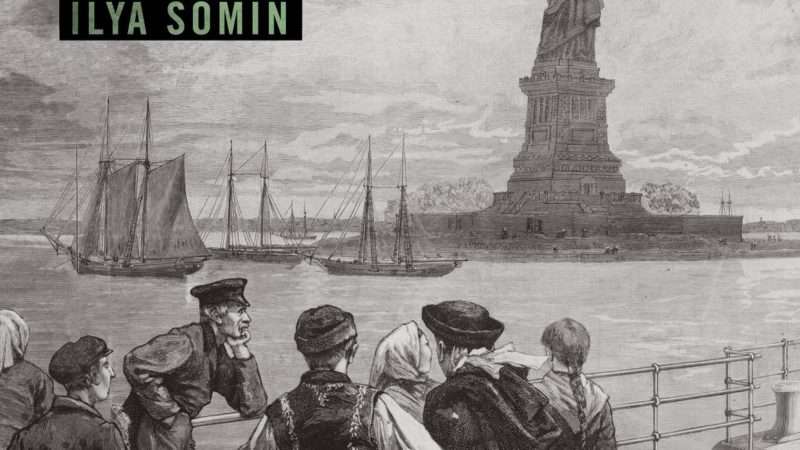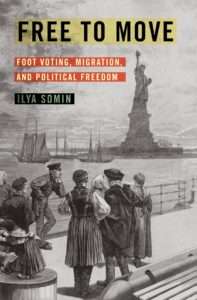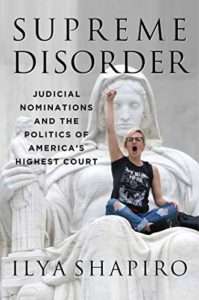Federal law provides that federal Representatives must be elected “[t]he Tuesday next after the 1st Monday in November,” though it lets states set “the time for holding elections in any State … for a Representative … to fill a vacancy, whether such vacancy is caused by a failure to elect at the time prescribed by law, or by the death, resignation, or incapacity of a person elected.”
Minnesota law provides that, “when a candidate of a ‘major political party’ dies after the seventy-ninth day before the general election,” the vote for that office at the general election should be ignored, and instead there should be a new election on the second Tuesday in February (here, Feb. 9, 2021). In the race for the Second Congressional District of Minnesota, candidate Adam Weeks died on Sept. 21; he “was the candidate of the Legal Marijuana Now Party, which is recognized as a ‘major political party’ under Minnesota law” because “the party’s candidate for state auditor received at least five percent of the statewide vote in 2018.”
Is the Minnesota February election scheme constitutional here? No, says last Friday’s Eighth Circuit decision in Craig v. Simon (written by Judge Steven Colloton and joined by Judges James Loken and Duane Benton):
It is an open question whether a State may refuse to certify results of an election for United States Representative based on a natural disaster, death of a candidate, or other event beyond the State’s control. Perhaps this is an area where additional federal legislation would be necessary to authorize postponement of a congressional election in certain extraordinary situations.
But assuming … we … must address whether Minnesota’s particular policy choice in [its statute] is sufficient to justify declaring a legitimate “failure to elect” under [federal law] that would allow the State to “fill a vacancy” in the office of Representative. [Federal law] establishes a uniform date for federal elections. There are strong federal policy reasons for this uniformity, including to ensure that some States who vote earlier cannot influence voters in other States, and to avoid a burden on citizens who would be forced to turn out on two different election days. If federal law permits a State to cancel an election for Representative based on events beyond the State’s control, then we believe the reasons for cancellation would have to be compelling or akin to “exigent circumstances[.]” …
Applying this demanding standard, we do not think … that [the Minnesota law], as applied to the current situation, may coexist with the federal election laws. If the death of a candidate ever would justify cancellation of an election and declaration of a “failure to elect” under § 8(a), then we think it likely that the candidate must represent a political party with a greater history of electoral strength than the Legal Marijuana Now Party in Minnesota. By analogy to the natural disaster hypothetical favored by Kistner, perhaps a major earthquake or hurricane in the congressional district on election day could justify a cancellation, but a snowstorm could not, even if experience showed that the blizzard was likely to depress turnout by five percent….
According to data available to us from the Minnesota Secretary of State, no candidate from the LMN Party has ever won federal or state office in Minnesota. In the 2016 presidential election, the party’s candidate won 0.38% of the vote. In 2018, the party’s candidates for United States Senator in two separate elections garnered 2.55% and 3.70% of the vote, respectively…. The party’s candidate for Representative in the Fourth District received 4.19% of the vote. As noted, the LMN candidate for state auditor received 5.28% of the statewide vote, thus barely crossing the five-percent threshold in a down-ballot statewide race and qualifying the party for “major political party” status under state law. …
Even if the death of a Republican or Democratic-Farmer-Labor candidate could qualify as an exigent circumstance that would allow the State to cancel an election and trigger a vacancy in office, we think it unlikely that the rationale would extend to the death of a third-party candidate from a party with the modest electoral strength exhibited to date by the Legal Marijuana Now Party in Minnesota. Voters who wish to show support for the agenda of the LMN Party may still cast a vote for the decedent. But it is unlikely that federal law allows Minnesota to cancel the election on account of candidate Weeks’s death and to select a new date in February 2021 to fill a vacancy caused by the cancellation….

from Latest – Reason.com https://ift.tt/37TmiOH
via IFTTT


